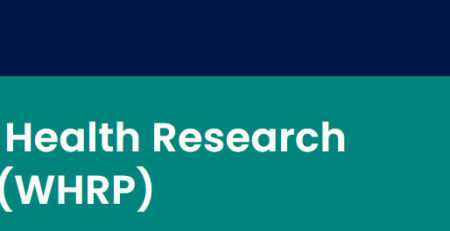HIV stats show importance of early diagnosis in UK
The importance of increased testing and early diagnosis of HIV was reiterated in new figures released today.
Public Health England’s report on HIV diagnoses, treatment and care in the UK for 2014 showed there were 6,151 people diagnosed last year, a slight increase on the previous year.
Two out of five people newly diagnosed with HIV in 2014 had ‘late stage’ HIV, and of 613 people with HIV who died last year, most had been diagnosed late.
Natika H Halil, Executive director comments:
“The number of late diagnoses has decreased but it is still high at 40%, and particularly so among black African people (58%) and heterosexual men (61%).
“Once diagnosed and on treatment, people with HIV can expect a near-normal life span, so it is vital for us to increase testing.
“It’s also important to consider that one in six people now living with HIV in the UK is aged over 55. This reflects the effectiveness of treatment we have but it also highlights challenges for healthcare professionals.
“As we have more and more people living with HIV in older age, we must ensure suitable care and support is in place, especially in managing HIV along with other conditions they may have.”
The report also showed (as of the end of 2014):
- The total number of people living with HIV in the UK and accessing care was 85,489.
- Of these people, 91% were treated with antiretroviral therapy – of whom 95% were virally suppressed, which means they were very unlikely to be infection to others.
- The number of men who have sex with men newly diagnosed with HIV was 3,360.
- 2,490 people were diagnosed with HIV as a result of heterosexual sex.
Read the full Public Health England report here.



